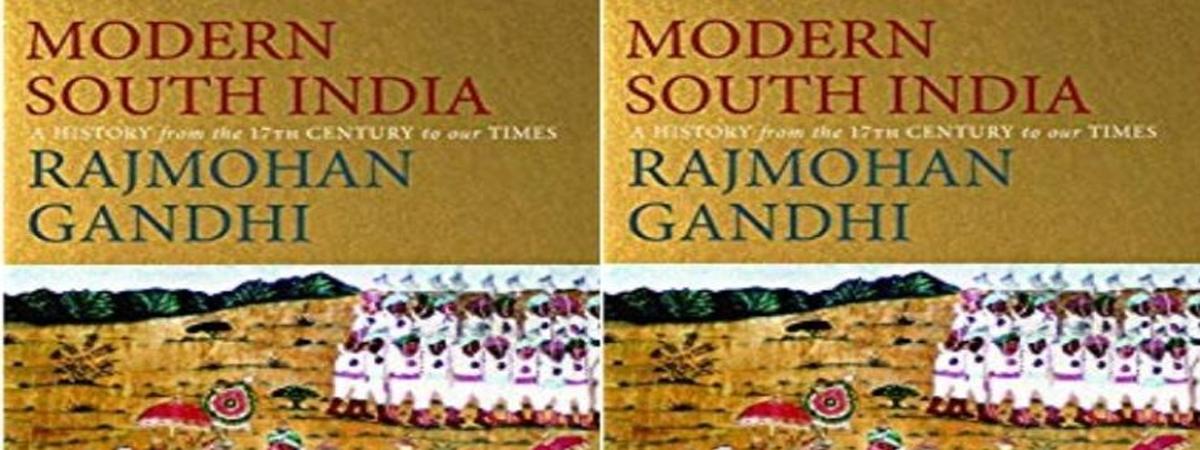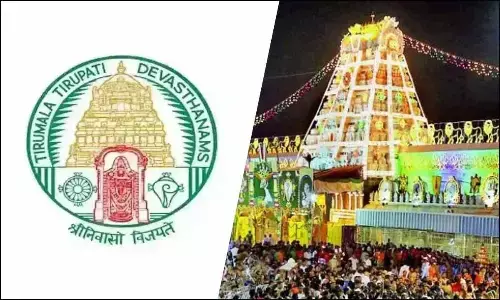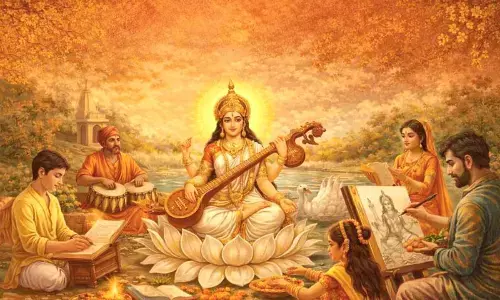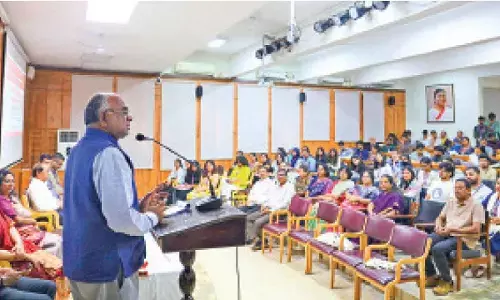History of South India relatively unknown: Rajmohan Gandhi

Billed as a masterpiece in every sense of the word, Rajmohan Gandhis upcoming book Modern South India is promoted by its publisher Aleph as an authoritative and magnificent work of history about South India that will be read and reflected upon for years to come
Billed as ‘a masterpiece in every sense of the word’, Rajmohan Gandhi's upcoming book ‘Modern South India’ is promoted by its publisher Aleph as an authoritative and magnificent work of history about South India that will be read and reflected upon for years to come.
“The sounds and flavours of the land south of the Vindhyas - temple bells, coffee and jasmine, coconut and tamarind, delicious dosas and appams - are familiar to many, but its history is relatively unknown,” Gandhi writes in the 500-page book that traces the history of South India from the 17th century to current times.
In the book, Gandhi tells the story of four powerful cultures - Kannada, Malayalam, Tamil and Telugu - as well as the cultures Kodava, Konkani, Marathi, Oriya, Tulu and indigenous that have influenced them. Asked if there was a common thread that binds them all together, he pointed to three elements.
“One geographical and the other linguistic, have given the South Indian peninsula its unity and distinctiveness. Because of the Arabian Sea and the Bay of Bengal, European countries like Portugal, Holland, England and France impacted the South in ways not experienced by northern and central India.
Secondly, the South's major languages have Dravidian rather than Sanskritic roots, even though their vocabularies have been enriched by borrowings from Sanskrit and elsewhere. Thirdly, the Dravidian/Aryan question resonates, not necessarily divisively, in many southern minds,” he shared.
The 83-year-old public intellectual said that while some may fear ‘a chasm’ between ‘cultural’ and ‘national’ identities, others may celebrate the Indian scene's variety and richness.
One particular portion of the book that arouses interest is related to Tipu Sultan, who has been subject of much controversy in recent times. Asked about his findings on Tipu Sultan and his take on the controversies, Gandhi said that Tipu had to feature prominently in his account.
The historian-biographer contended that Tipu's fall in 1799 changed South India's story. ‘Modern South India: A History From the 17th Century to Our Times’ is priced at Rs 799 and is available both online and at bookstores.
















